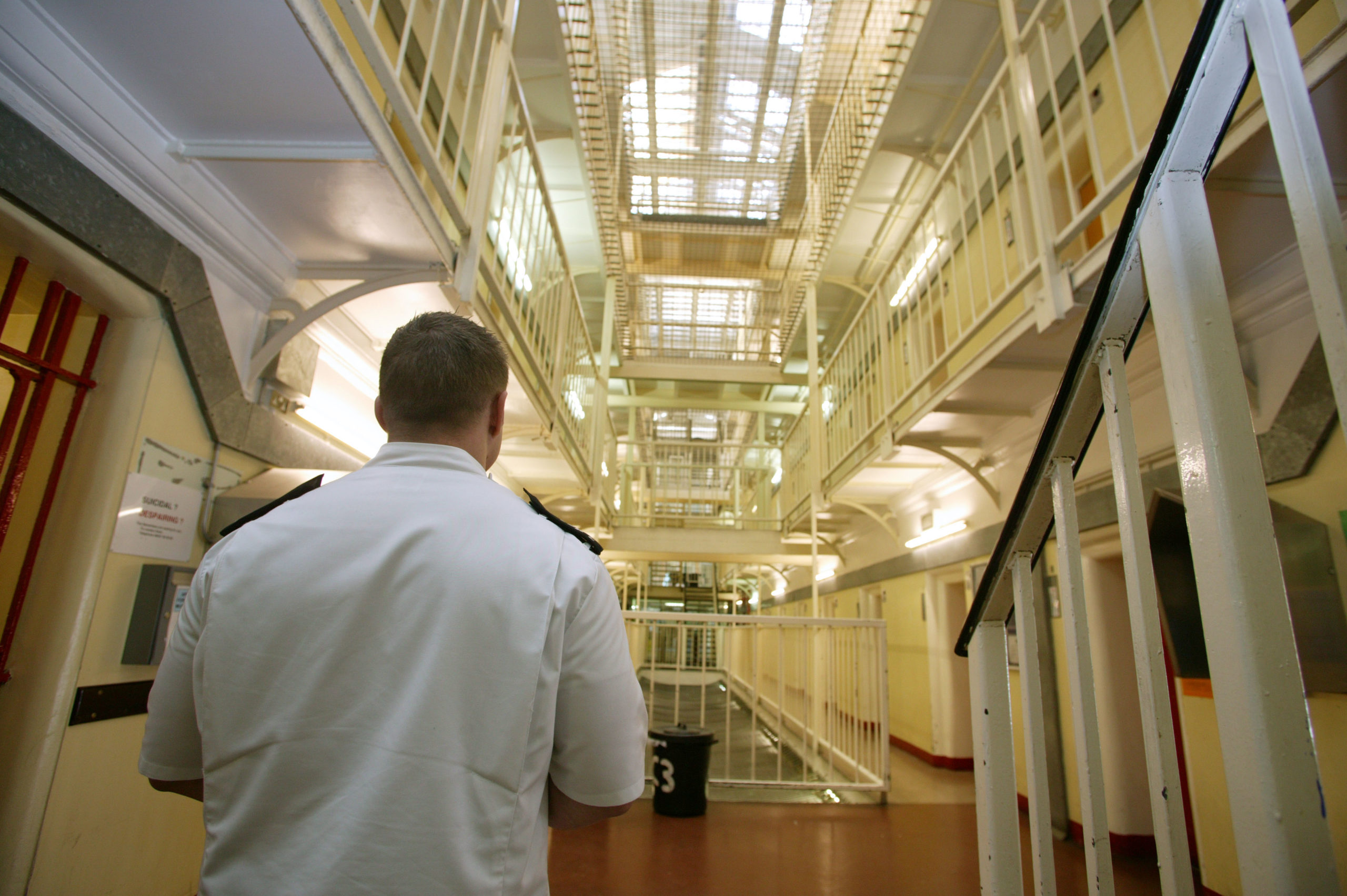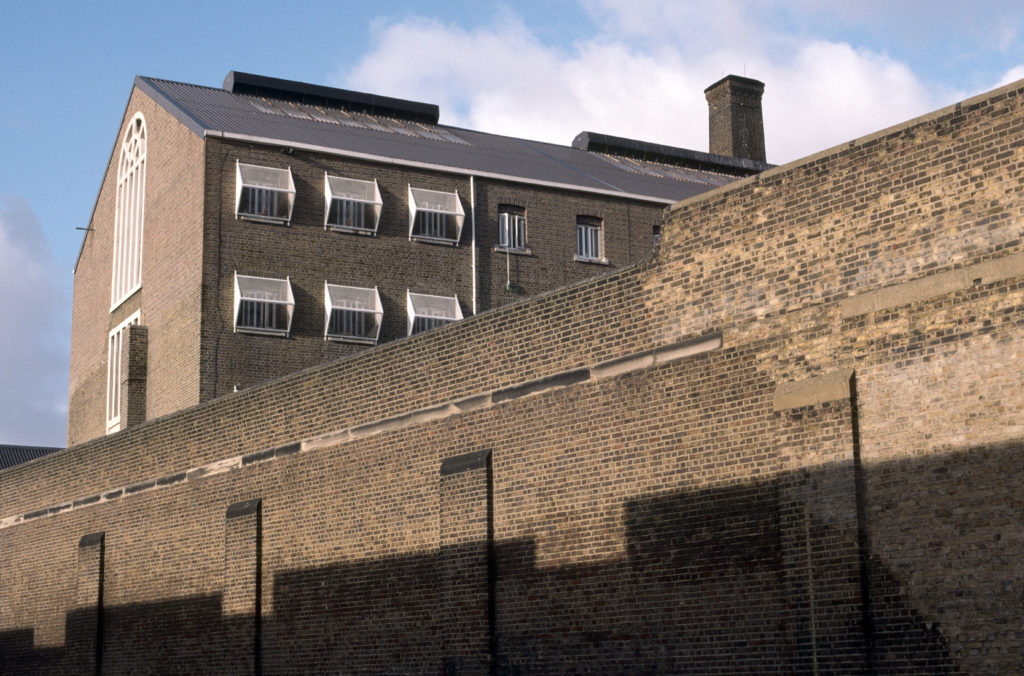Life Sentence: UK Prisoners Locked Down 23.5 Hours a Day During Coronavirus
Published on 23 April 2020

The coronavirus pandemic poses a unique threat to the UK’s overcrowded prison estate
Reports Mirren Gidda, Liberty Investigates journalist.




